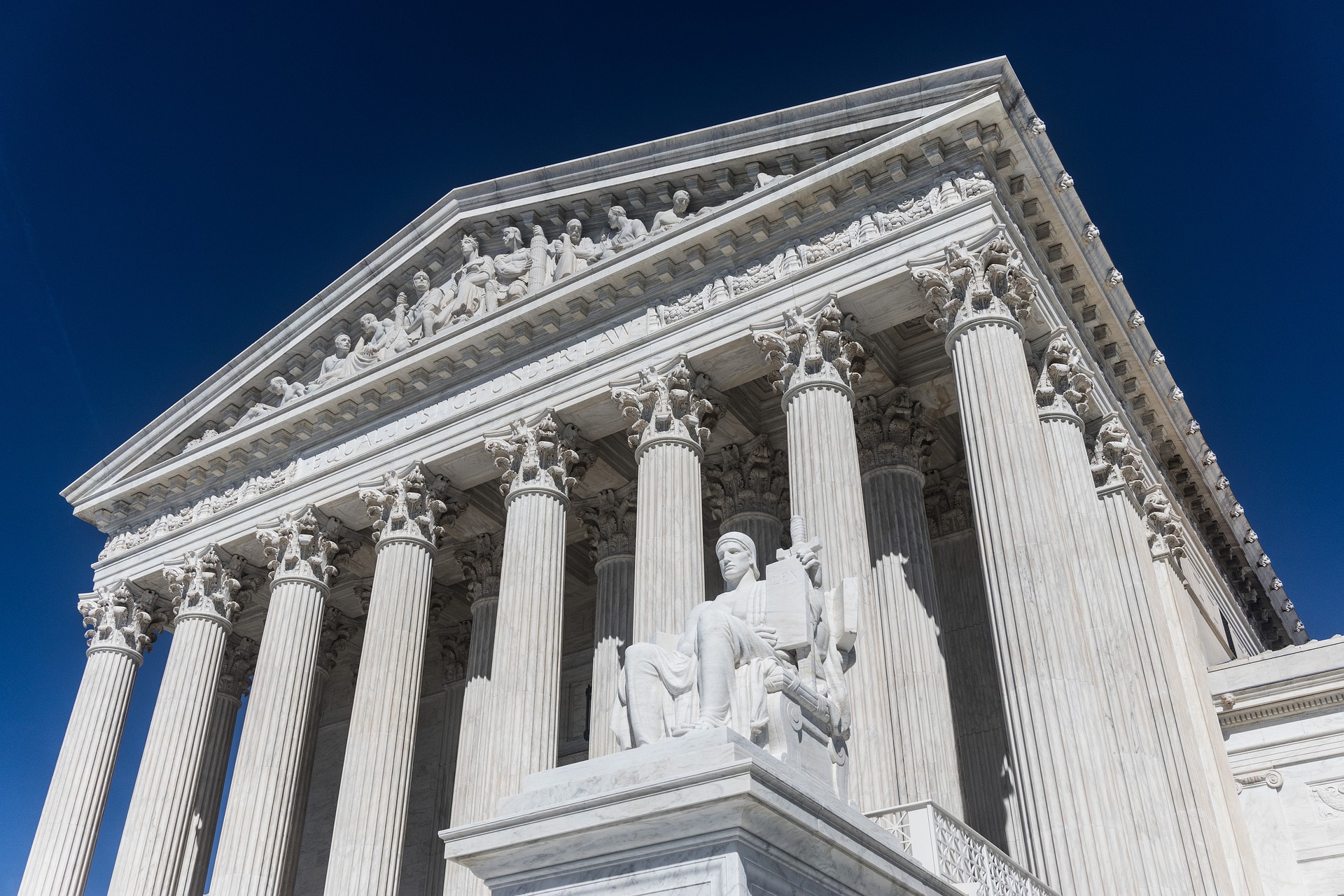Tribal Sovereignty in Modern America: Legal Challenges
Introduction: The complex interplay between tribal sovereignty and federal law in the United States continues to evolve, shaping the rights and governance of Native American tribes. This article explores recent legal developments and ongoing challenges in preserving tribal autonomy within the framework of American federalism.

Recent Legal Developments
In recent years, several landmark cases have further clarified the boundaries of tribal sovereignty. The 2020 Supreme Court decision in McGirt v. Oklahoma reaffirmed the Muscogee (Creek) Nation’s reservation status, significantly impacting criminal jurisdiction in eastern Oklahoma. This ruling has far-reaching implications for other tribes and states, potentially leading to a reassessment of reservation boundaries and jurisdictional authority across the country.
Challenges to Tribal Jurisdiction
Despite legal victories, tribes continue to face challenges to their jurisdiction, particularly in cases involving non-tribal members on reservation lands. The 2016 case of Dollar General Corporation v. Mississippi Band of Choctaw Indians highlighted the ongoing debate over tribal court authority in civil cases involving non-Indians. While the Supreme Court’s split decision left tribal jurisdiction intact in this instance, it underscored the persistent uncertainties surrounding tribal court powers.
Environmental Sovereignty and Resource Management
Tribal sovereignty extends to natural resource management on reservation lands, an area of increasing importance given environmental concerns and energy development. Recent conflicts over pipeline projects, such as the Dakota Access Pipeline, have brought tribal rights and environmental stewardship to the forefront of national discourse. These disputes often involve complex legal questions about tribal consultation requirements and the balance between federal energy policies and tribal sovereignty.
Economic Development and Gaming Laws
The Indian Gaming Regulatory Act of 1988 has been a double-edged sword for tribal sovereignty. While it has provided economic opportunities for many tribes, it has also led to increased federal and state involvement in tribal affairs. Recent legal battles have centered around the off-reservation casino approval process and revenue-sharing agreements with states, highlighting the tension between tribal economic development and regulatory oversight.
Future of Tribal Sovereignty
As Native American tribes navigate the 21st century, the concept of tribal sovereignty continues to evolve. Emerging issues such as internet gaming, cross-border rights for tribes with lands in multiple countries, and the impact of climate change on tribal territories are likely to shape future legal discourse. Additionally, the push for increased self-determination and the potential for constitutional amendments to solidify tribal rights could further redefine the relationship between tribes and the federal government.
The ongoing legal challenges and developments in tribal sovereignty reflect the dynamic nature of this fundamental aspect of Native American law. As courts and legislators grapple with these complex issues, the balance between tribal autonomy and federal authority remains a critical area of legal and political negotiation. The future of tribal sovereignty will undoubtedly continue to be shaped by the interplay of historical precedents, contemporary realities, and the evolving understanding of indigenous rights in modern America.






